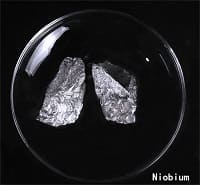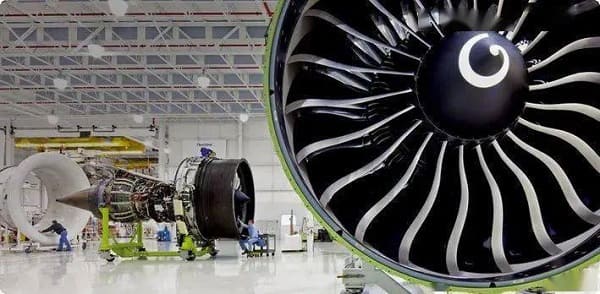Refractory Metals have high heat, wear, and corrosion resistance, making them critical in industries like aerospace, defense, energy, and manufacturing. With their excellent mechanical properties and high melting points, they enable the development of advanced technologies, improve efficiency, and enhance safety in various applications. Refractory metals are crucial materials that fulfill the demanding needs of modern industries.
Niobium is a highly sought-after refractory metal due to its exceptional properties. It has a high melting point, is lightweight, exhibits superconductivity at low temperatures, is biocompatible and corrosion-resistant, can form alloys, and has low thermal neutron absorption. These qualities make it a valuable material in various industries, from aerospace to healthcare and nuclear technology.

Performance Comparison
- Physical properties comparison between niobium and other refractory metals:
Niobium has a lower density and melting point than Tungsten and Rhenium, but higher than Tantalum and Molybdenum. It has moderate thermal conductivity and good electrical conductivity, with a coefficient of thermal expansion similar to tungsten and tantalum, but higher than rhenium and lower than molybdenum.
- Mechanical properties analysis: strength, hardness, and toughness:
Niobium has good strength, although not as strong as Tungsten or Rhenium, and can be alloyed to enhance its strength. It is relatively soft, with higher hardness than Molybdenum and Tantalum but lower than Tungsten and Rhenium. Niobium also possesses good toughness, allowing it to withstand impact and deformation without easily fracturing, similar to other refractory metals.
- High-temperature performance evaluation: stability and resistance to oxidation:
Niobium has excellent corrosion resistance in acidic and alkaline environments, as well as in saltwater and marine environments, thanks to its stable oxide layer. It also maintains its resistance to oxidation in high-temperature oxidizing atmospheres found in gas turbines and exhaust systems.
Cost-effectiveness Analysis
A cost-effectiveness analysis of niobium involves comparing its manufacturing and processing costs to other refractory metals, evaluating its economic benefits in various industries, and considering the cost-performance ratio for long-term applications. This assessment provides insights into niobium's cost-effectiveness in different contexts.
Applications and Case Studies
Niobium is used in aerospace for fuel-efficient turbine blades, in energy for enhanced MRI machine performance, and in cars for improved crash resistance. Future applications include renewable energy technologies and 3D printing. Niobium-based nanomaterials show promise. It offers performance improvements, cost savings, and safety enhancements in various industries.

Niobium is a superior refractory metal with unique properties. It offers numerous benefits to industries and holds potential for further research. Its significance lies in its ability to enhance performance, reduce costs, and contribute to innovation in various fields.
Heeger Materials is a reputable supplier offering top-notch Niobium and Other Refractory Metals products at competitive prices, which are widely used in interventional medicine. If you're interested, feel free to reach out to us at [email protected] for a quote, and we guarantee a response within 24 hours.


